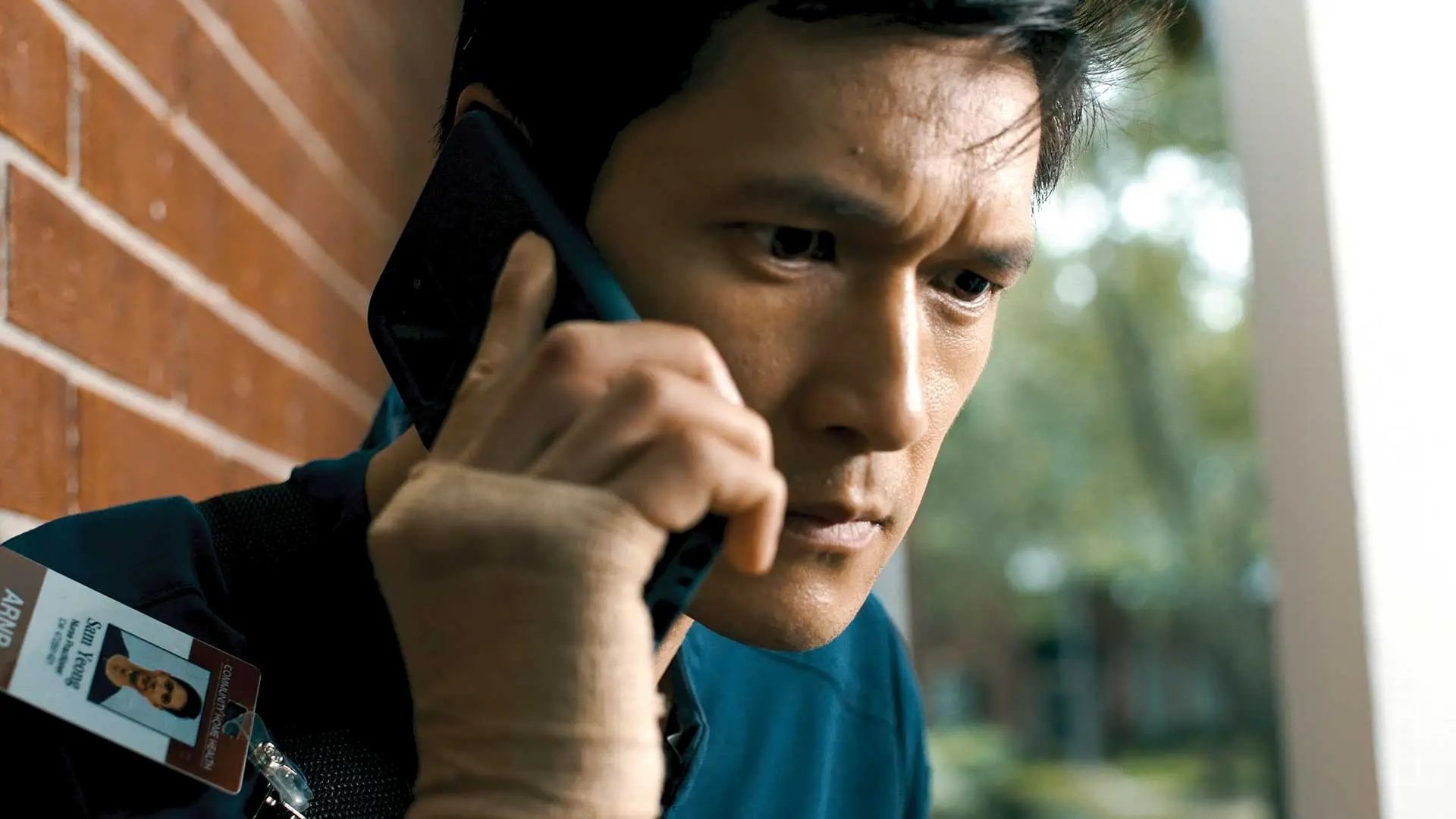In a cinematic landscape often defined by spectacle and noise, Do No Harm dares to be quiet—and in doing so, delivers something profoundly resonant. The feature directorial debut from Chris Hartwell, Do No Harm is a moving, intimate character study about burnout, shame, and the lies we tell ourselves to survive. It's a film with its heart on its sleeve and a haunting truth at its core.
At the center of it all is Harry Shum Jr., who delivers one of the most nuanced performances of his career as Sam Yeong, a home health nurse slowly unraveling beneath the crushing weight of a fatal mistake. Shum, whose previous work ranges from Crazy Rich Asians and Everything Everywhere All at Once to lesser-known gems like Scrambled and Love Hard, taps into a quieter, more internal register here. His performance is restrained but deeply emotional—anchoring the film with a sense of aching realism.
What makes Do No Harm stand out isn’t just the strength of its performances, but the deeply personal vision behind the camera. Hartwell—drawing inspiration from his wife’s work as a nurse and years of conversations around the dinner table—approaches the material with a level of compassion and authenticity that’s rare. This isn’t just a story about healthcare; it’s a story for the people in it. It's about the unseen labor, the silent suffering, and the impossible expectations placed on those who care for others.
The filmmaking is intimate and effective, never flashy but always purposeful. Cinematographer Paul Dufilho captures the spaces of Sam’s world—his patient’s homes, his lonely apartment, the sterile halls of the healthcare system—with a gentle, observational eye. It allows the emotional weight of the story to creep in naturally, unforced. Hartwell’s direction is similarly restrained, trusting the story, performances, and themes to speak for themselves.
That restraint pays off. Do No Harm is not a film about grand gestures or dramatic twists. It’s about the slow erosion of a man who desperately wants to be good—and what happens when being good isn’t enough. The film asks hard questions about responsibility and grace, and doesn’t offer easy answers. But in its final act, it leans into something rare and vital: empathy. It reminds us that sometimes healing doesn’t come from fixing things, but from simply being seen.
There’s also something quietly revolutionary about how this film was made. A labor of love seven years in the making, Do No Harm was powered by a mix of industry pros, passionate students, and community support. That grassroots energy is baked into the film’s DNA—it feels real because it is. You can sense the care and commitment in every frame.
Ultimately, Do No Harm is a film about being human. About falling short. About trying again. It’s a deeply felt and beautifully realized piece of storytelling that lingers long after the credits roll. Whether you’ve ever worked in healthcare or simply know what it feels like to be overwhelmed by the pressure to hold it all together, this is a film that will speak to you.
And for fans of Harry Shum Jr., this is a must-watch. It’s a reminder of just how versatile—and vital—he is as a performer. Whether playing a romantic lead, a multiverse version of himself, or a legendary Mortal Kombat warrior (shoutout to Kuai Liang in Legacy), he continues to choose projects with heart and substance. Do No Harm may be his quietest film yet—but it just might be one of his most powerful.
Jessie Hobson




